Manmohan Singh, who is an Indian economist, academic, and politician. He served as the 13th Prime Minister of India from 2004 to 2014, leading the country for two consecutive terms. Manmohan Singh was born on September 26, 1932, in a small village named Gah in Punjab Province (Now in Pakistan). He belonged to a Sikh family and was the son of Gurmukh Singh and Amrit Kaur. His father was a simple trader. Manmohan Singh’s early life was marked by modest means. He was raised primarily by his grandparents after his mother passed away when he was young. Despite the challenges, he displayed an exceptional aptitude for academics, particularly in mathematics and economics.
Impact of Partition on Manmohan Singh(1947)
The partition of India in 1947 had a profound impact on Manmohan Singh both personally and culturally, shaping his later perspectives on governance, resilience, and inclusivity. Here’s a detailed look at how the partition affected him:
Personal Impact
Loss of Homeland:
- Singh was born in Gah, a small village in Punjab (now in Pakistan). During the partition, his family had to leave their ancestral home and migrate to Amritsar, India, as communal tensions escalated.
- The displacement disrupted their lives, and they had to rebuild from scratch in a new country.
Emotional Toll:
- Partition was a violent and chaotic event, marked by mass migrations, communal riots, and loss of lives.
- Witnessing such upheaval, including the forced migration and suffering of people around him, left a deep imprint on his psyche.
Early Hardships:
- The migration meant financial struggles for Singh’s family, and he experienced the hardships of starting over in a new land.
- Despite these difficulties, his focus on education never wavered, as his family placed a high value on learning.
Cultural and Ideological Impact
Resilience and Humility:
- The partition taught Singh the value of perseverance and hard work. He developed a quiet, dignified resilience that would later define his personality and leadership style.
Focus on Secularism and Unity:
- Having witnessed the horrors of communal violence during the partition, Singh became a strong proponent of secularism and national unity.
- As a leader, he consistently worked to promote harmony among India’s diverse communities.
Empathy for the Underprivileged:
- His own experiences of displacement and rebuilding gave him a unique perspective on the struggles of marginalized and displaced communities.
- This empathy influenced his economic policies, focusing on poverty alleviation and inclusive growth.
Reflections on Partition
Manmohan Singh later described the partition as a traumatic experience for millions of people, including his own family. It instilled in him a sense of responsibility to work for a peaceful, stable, and united India. In summary, the partition shaped Singh’s identity as a person who valued peace, tolerance, and inclusiveness. His personal experiences during this time deeply influenced his leadership approach as India’s Prime Minister, particularly in fostering national unity and addressing the needs of displaced or marginalized populations.
Education and Career
Manmohan Singh’s education laid the foundation for his illustrious career as an economist and later as a political leader. He is renowned for his academic brilliance and dedication to knowledge.
Schooling and Early Education
- Singh began his early schooling in Gah, his birthplace (now in Pakistan).
- After the partition of India in 1947, his family relocated to Amritsar, where he continued his education.
- His early teachers recognized his exceptional intelligence and encouraged him to pursue higher studies.
Higher Education
- Punjab University, Hoshiarpur (India)
- Degree: Bachelor of Arts (B.A.) in Economics
- Year: 1952
- Achievement: Topped his class and gained recognition for his academic excellence.
- University of Cambridge (United Kingdom)
- Degree: Master of Economics
- Year: 1957
- Scholarship: Studied on a scholarship, which highlights his determination and merit.
- Key Inspiration: At Cambridge, Singh was deeply influenced by the works of John Maynard Keynes, the legendary economist whose ideas on macroeconomics shaped Singh’s own understanding of global economic systems.
- University of Oxford (United Kingdom)
- Degree: Ph.D. in Economics
- Year: 1962
- Thesis: “India’s Export Performance, 1951–1960: Export Prospects and Policy Implications”
- Specialization: His research focused on India’s economic challenges and policies, which would later influence his work in liberalizing India’s economy.
Professional Career of Manmohan Singh
As an Economist
Manmohan Singh had an exceptional career as an economist before entering politics. He worked in various national and international roles:
- United Nations (1966–1969)
- Worked for the UN Conference on Trade and Development (UNCTAD) in Geneva, focusing on global economic issues.
- Chief Economic Advisor, Government of India (1972–1976)
- Appointed to this prestigious role, he advised the government on major economic policies during a period of global economic challenges.
- Reserve Bank of India (RBI)
- Governor: 1982–1985
- As RBI Governor, Singh played a key role in stabilizing India’s banking sector and shaping monetary policies.
- Planning Commission (1985–1987)
- Served as the Deputy Chairman of the Planning Commission, focusing on India’s five-year economic plans.
- Secretary-General, South Commission (1987–1990)
- Worked under Tanzanian leader Julius Nyerere, addressing economic challenges faced by developing nations.
Entry into Politics
- Finance Minister of India (1991–1996)
- Appointed by Prime Minister P.V. Narasimha Rao, Singh played a historic role in liberalizing India’s economy.
- Introduced economic reforms such as reducing trade barriers, promoting foreign investments, and privatizing industries.
- Credited as the architect of India’s economic liberalization, he helped avert a financial crisis and set India on a path of globalization.
- Prime Minister of India (2004–2014)
- Led the United Progressive Alliance (UPA) government for two consecutive terms.
- Focused on economic growth, social welfare programs, and strengthening India’s international relations.
Manmohan Singh’s Contributions to the Indian Economy
Manmohan Singh is regarded as one of the most influential figures in shaping modern India’s economy. His contributions span decades, from his roles as an economist, policymaker, and India’s Finance Minister (1991-1996) to his tenure as the Prime Minister (2004-2014). Below is an overview of his key contributions:
1. Architect of India’s Economic Liberalization (1991-1996)
As Finance Minister under Prime Minister P.V. Narasimha Rao, Manmohan Singh is credited with introducing economic reforms that transformed India from a closed, socialist-style economy into a globally competitive market-driven economy.
Key Reforms Introduced in 1991:
- Liberalization of Trade and Industry:
- Removed licensing requirements for most industries, ending the infamous “License Raj.”
- Opened key sectors to private investment, reducing bureaucratic hurdles.
- Promotion of Foreign Investments:
- Allowed Foreign Direct Investment (FDI) in various sectors like manufacturing, telecommunications, and insurance.
- Encouraged global companies to invest in India.
- Reduction of Import Barriers:
- Lowered tariffs and removed quotas to encourage international trade.
- Privatization and Disinvestment:
- Reduced the monopoly of Public Sector Undertakings (PSUs).
- Encouraged private sector participation in industries like banking, telecom, and energy.
- Reforming Taxation:
- Introduced reforms to streamline tax structures, making them more investor-friendly.
Impact of 1991 Reforms:

- Transformed India from an economy on the brink of bankruptcy to one of the fastest-growing economies globally.
- Reserves of foreign exchange increased dramatically.
- GDP growth rebounded, inflation was controlled, and industries became globally competitive.
- Positioned India as a rising economic power in the global arena.
2. Strengthening Economic Institutions
Manmohan Singh’s career is marked by efforts to build and modernize India’s economic institutions:
- As RBI Governor (1982-1985), he played a key role in strengthening India’s monetary policies and modernizing banking systems.
- As Planning Commission Deputy Chairman (1985-1987), he contributed to India’s long-term economic strategies.
3. Economic Achievements as Prime Minister (2004-2014)
During his tenure as Prime Minister, Singh focused on sustaining high economic growth while promoting inclusive development.
Key Achievements:
- Consistent High Growth Rates:
- India’s GDP growth averaged around 7-9% annually during his tenure, especially in the early 2000s.
- Made India the second-fastest-growing economy globally after China.
- Social Welfare Programs:
- Launched the Mahatma Gandhi National Rural Employment Guarantee Act (MGNREGA), ensuring minimum employment and rural income.
- Implemented the Right to Information Act (RTI) and National Rural Health Mission, focusing on transparency and health equity.
- Focus on Infrastructure:
- Increased investments in infrastructure like roads, power, and airports to support industrial and urban growth.
- Expanded rural connectivity and electrification programs.
- US-India Civil Nuclear Deal:
- Strengthened India’s energy security by enabling access to nuclear technology and fuel for civilian purposes.
- Global Recognition:
- Positioned India as an emerging global economic power at forums like G20 and BRICS.
- Played a crucial role in improving India’s trade relations with the US, EU, and Southeast Asia.
4. Crisis Management and Reforms
- 1991 Balance of Payments Crisis:
- When India faced a severe foreign exchange crisis, Singh introduced reforms that opened the economy and stabilized the situation.
- 2008 Global Financial Crisis:
- As Prime Minister, his government implemented fiscal stimulus measures to protect India from the worst effects of the global financial meltdown.
- India emerged as one of the least-affected economies due to prudent fiscal and monetary policies.
5. Promotion of Inclusive Growth
- Singh focused on reducing income inequality and rural poverty:
- Introduced Bharat Nirman to develop rural infrastructure.
- Strengthened schemes for education (like the Right to Education) and healthcare access for the poor.
Legacy in Indian Economy
- Father of Economic Reforms: Credited with laying the foundation for India’s economic transformation in 1991.
- Global Integration: Helped integrate India into the global economy while safeguarding domestic interests.
- Focus on Growth with Equity: Balanced economic growth with social justice initiatives.
Criticism
While Manmohan Singh is widely respected for his contributions, his leadership faced criticism for:
- Alleged policy paralysis during his second term as Prime Minister.
- Corruption scandals like the 2G Spectrum and Coal Allocation Scam, which overshadowed his economic achievements.
Abolition of British licence Raj
Manmohan Singh, as Finance Minister in 1991, played a pivotal role in abolishing the Licence Raj, a legacy of British-era bureaucratic controls that stifled India’s economy. Facing a severe economic crisis, Singh introduced sweeping reforms to deregulate industries, eliminate licensing requirements for most businesses, reduce import restrictions, and encourage foreign investment. These reforms ended excessive state control, fostered competition, and unleashed entrepreneurial freedom, transforming India into a market-driven economy and paving the way for rapid economic growth. Singh is widely regarded as the “Father of Economic Reforms” for dismantling the Licence Raj and modernizing India’s economy.
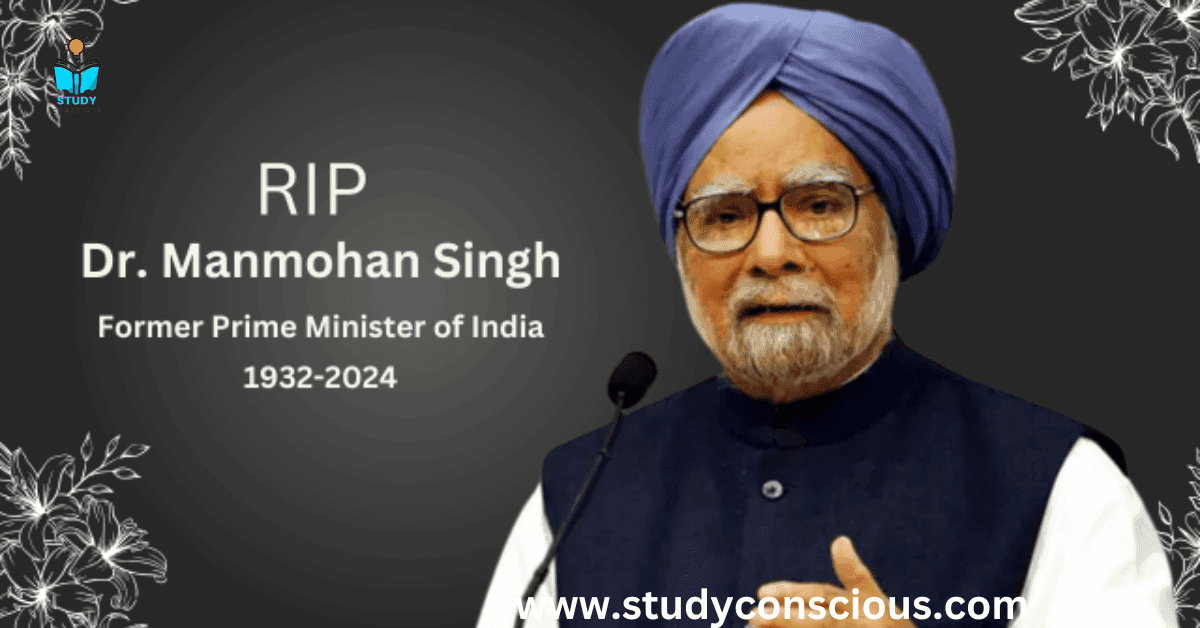
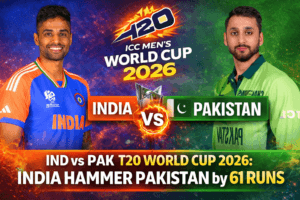
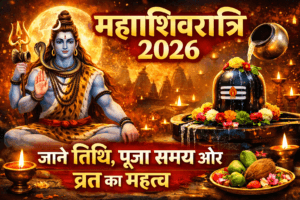
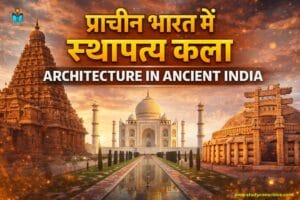
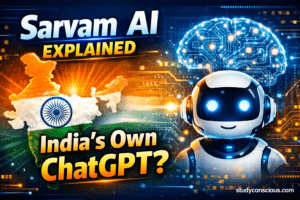
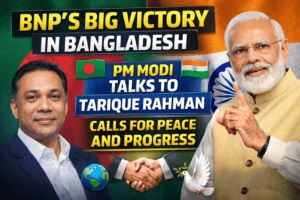
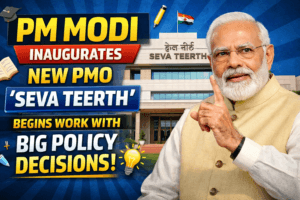

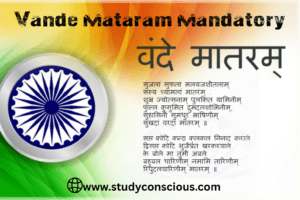
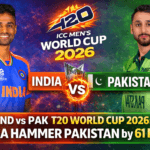
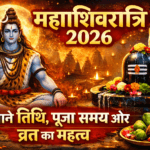

Weldone!!